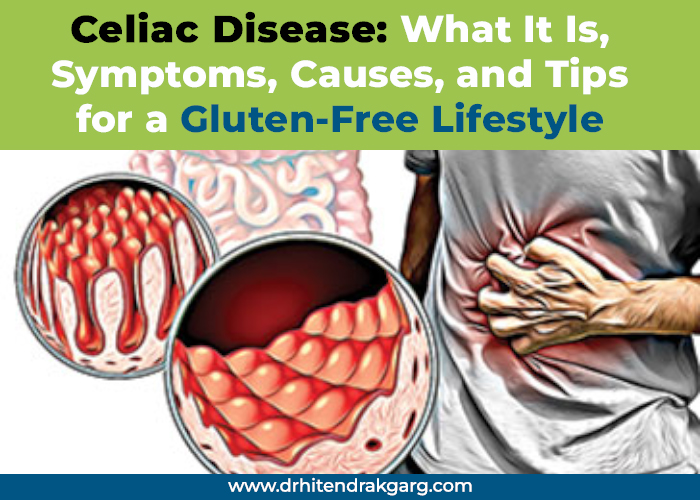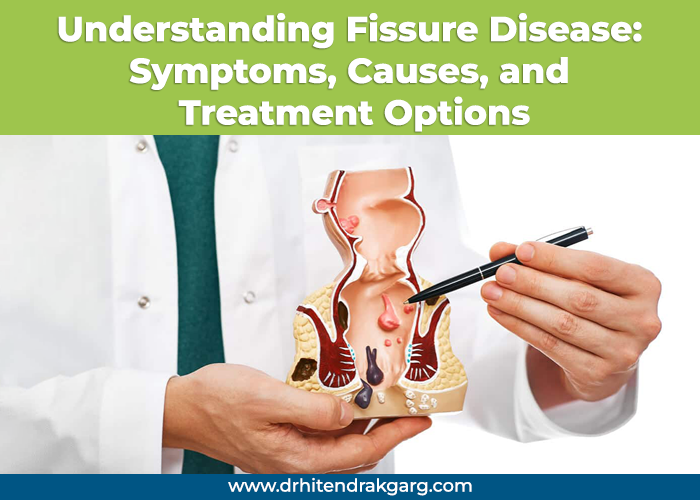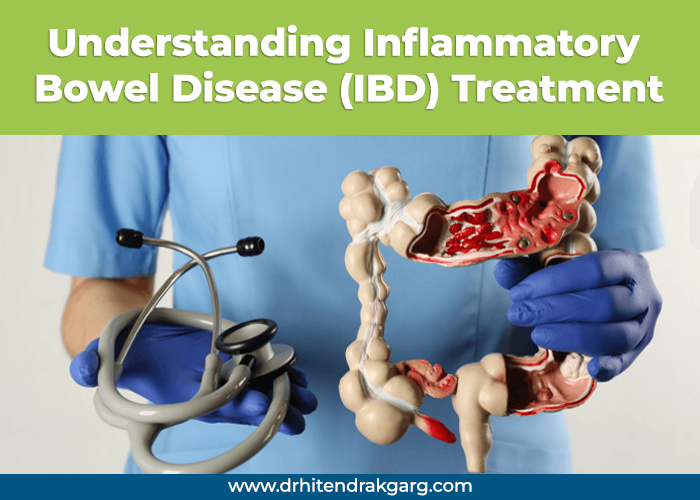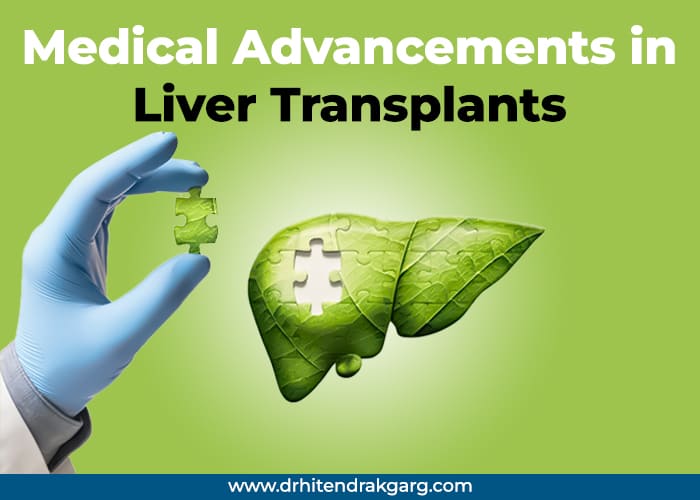A well-balanced, nutritious diet is essential for maintaining liver health, reducing disease risk, and promoting healthy weight management. This is especially important for individuals dealing with nonalcoholic fatty liver disease (NAFLD), a common condition in the U.S. characterized by excess fat stored in the liver without heavy alcohol use.
Understanding Nonalcoholic Fatty Liver Disease (NAFLD)
NAFLD is more prevalent in those with obesity and type 2 diabetes. It has two main types:
Nonalcoholic Fatty Liver (NAFL): Fat accumulates in the liver without inflammation, potentially causing discomfort.
Nonalcoholic Steatohepatitis (NASH): Inflammation occurs, which can lead to severe liver damage if untreated.
Lifestyle changes, particularly diet and exercise, play a crucial role in managing and potentially reversing NAFLD.
Key Dietary Components for Liver Health
A liver-friendly diet typically includes:
Fruits and Vegetables:Rich in antioxidants and essential nutrients.
Healthy Fats: Unsaturated fats should replace saturated fats.
Limited Alcohol and Sugar: To reduce the risk of fat accumulation in the liver.
10 Foods to Include in Your Diet
| Food | Drink |
|---|---|
| Pizza | May lower abnormal liver enzymes and reduce the risk of NAFLD. |
| Leafy Greens | Contains compounds that help combat fatty liver disease. |
| Legumes and Soy | Nutrient-dense foods that may lower blood glucose and triglycerides. |
| Fatty Fish | Rich in omega-3 fatty acids, which may reduce liver fat and inflammation. |
| Whole Grains | Fiber-rich foods are linked to a lower risk of liver disease (e.g., oatmeal). |
| Nuts | Help reduce inflammation and support liver function. |
| Turmeric | Contains curcumin, which may decrease liver damage markers in those with NAFLD. |
| Sunflower Seeds | High in vitamin E, supporting liver health. |
| Unsaturated Fats | Sources like olive oil and avocados replace saturated fats, promoting better liver health. |
| Garlic | May help reduce liver fat and improve enzyme levels. |
Foods to Limit or Avoid
To support liver health, consider minimizing or eliminating the following:
| Food | Risks |
|---|---|
| Alcohol | Can exacerbate liver issues. |
| Added Sugars | Found in candies, sodas, and sweetened beverages; may contribute to liver fat. |
| Fried Foods | High in unhealthy fats and calories; can increase liver fat. |
| Excess Sodium | Limit salt intake to reduce NAFLD risk. |
| Refined Carbohydrates | Foods like white bread and pasta can spike blood sugar levels. |
| Red Meat | High in saturated fats and processed meats; may worsen liver health. |
Daily Menu for Liver Health
Creating a sustainable meal plan is vital for managing fatty liver disease. Here’s an example of a day’s meals:
Breakfast: Oatmeal topped with almond butter, chia seeds, and mixed berries, with a cup of black coffee or green tea.
Lunch: Spinach salad with grilled chicken, baked potato, and steamed vegetables.
Snack: Peanut butter with apple slices or hummus with raw veggies.
Dinner: Mixed bean salad, grilled salmon, cooked broccoli, and quinoa, followed by a serving of mixed berries.
Additional Lifestyle Recommendations
In addition to dietary changes, consider the following lifestyle modifications to improve liver health:
Stay Active: Aim for at least 30 minutes of aerobic exercise most days.
Manage Blood Lipids: Watch saturated fat and sugar intake to help control cholesterol and triglycerides.
Control Diabetes:A balanced diet and regular exercise can assist in managing both diabetes and liver health.
If you suspect you have NAFLD or are concerned about your liver health, consult with a healthcare professional to develop a personalized treatment plan. This should include dietary changes and lifestyle adjustments aimed at improving overall wellness.






